Science and society
Recent articles
Okur-Chung neurodevelopmental syndrome; excess CSF; autistic girls
Here is a roundup of autism-related news and research spotted around the web for the week of 21 October.
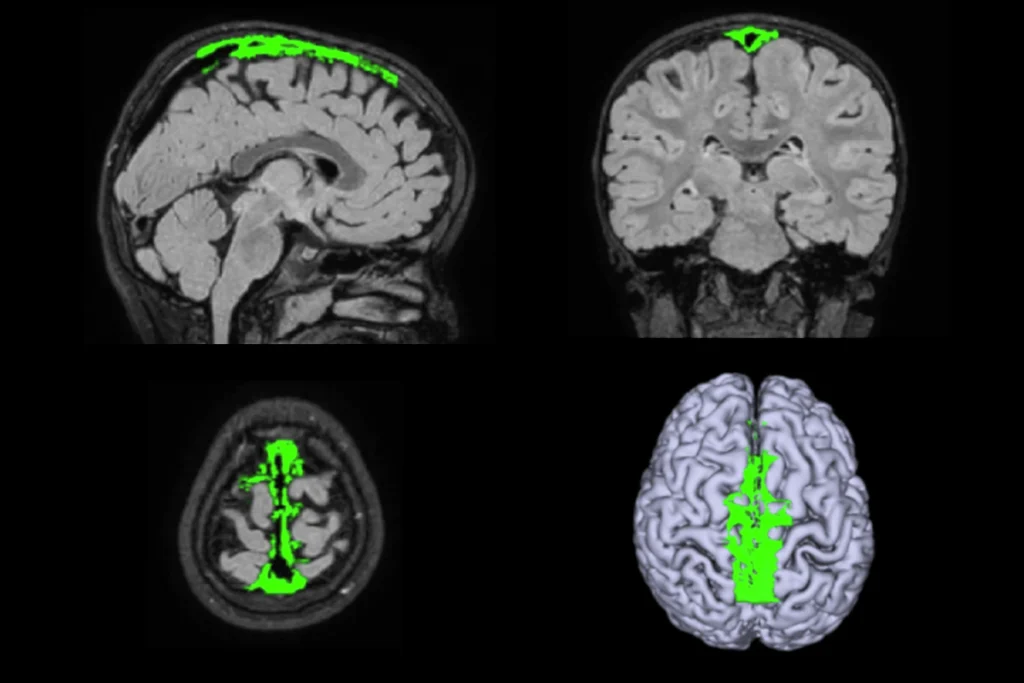
Okur-Chung neurodevelopmental syndrome; excess CSF; autistic girls
Here is a roundup of autism-related news and research spotted around the web for the week of 21 October.
SYNGAP1; executive function; synaptic density
Here is a roundup of autism-related news and research spotted around the web for the week of 14 October.
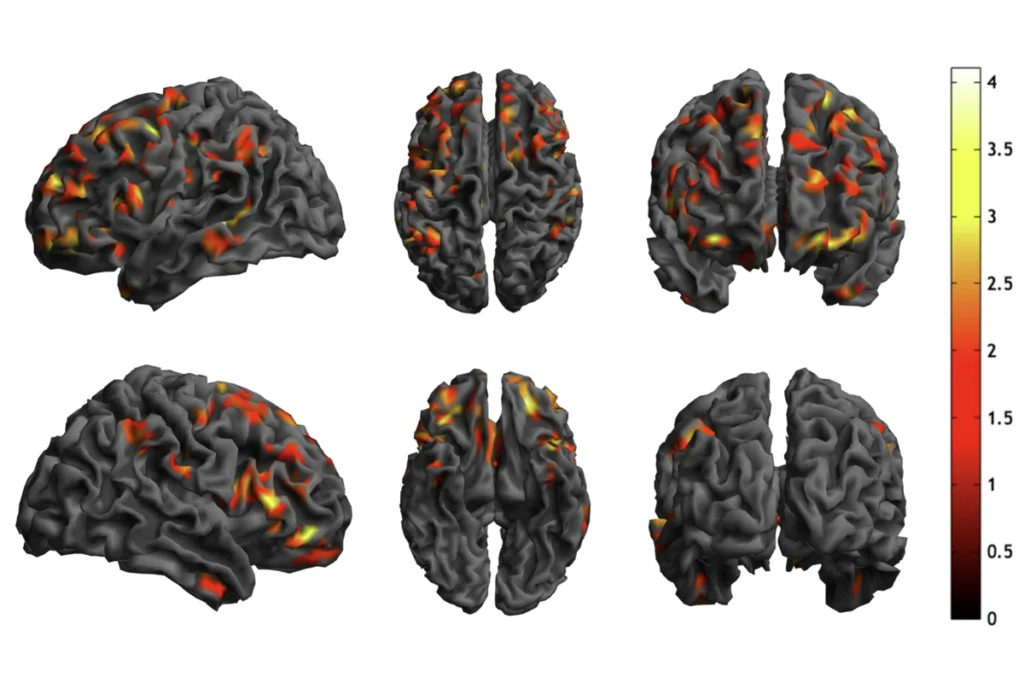
SYNGAP1; executive function; synaptic density
Here is a roundup of autism-related news and research spotted around the web for the week of 14 October.
The case for redefining ‘theory of mind’: Q&A with François Quesque
In a new commentary, Quesque and 44 experts in neuroscience and psychology propose a standardized lexicon for research on the attribution of mental states.
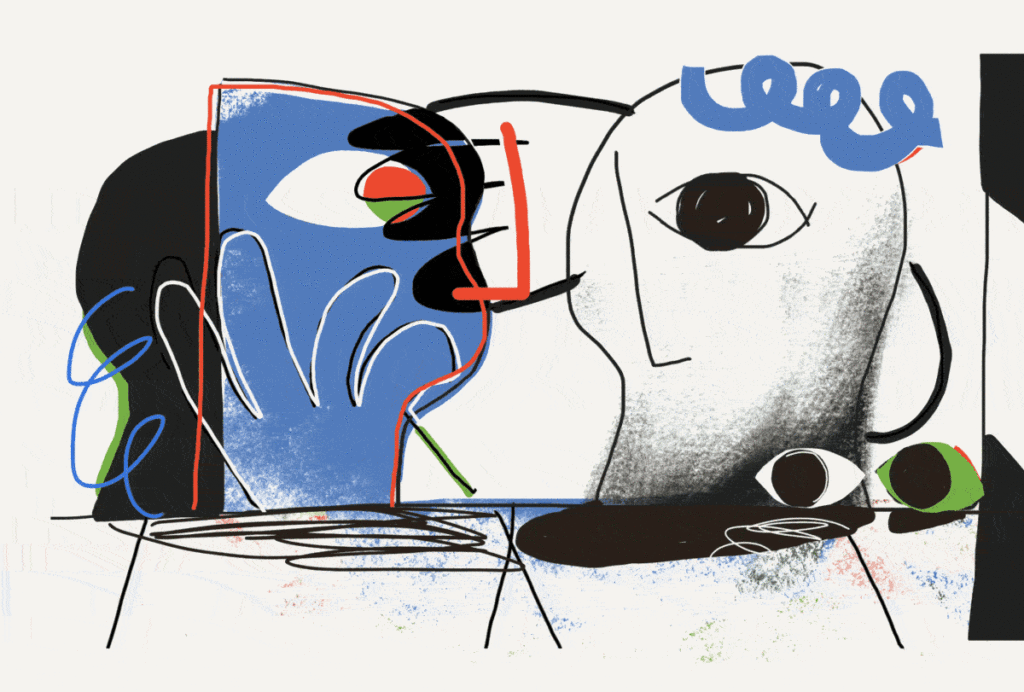
The case for redefining ‘theory of mind’: Q&A with François Quesque
In a new commentary, Quesque and 44 experts in neuroscience and psychology propose a standardized lexicon for research on the attribution of mental states.
How neuroscience comics add KA-POW! to the field: Q&A with Kanaka Rajan
The artistic approach can help explain complex ideas frame by frame without diluting the science, Rajan says.
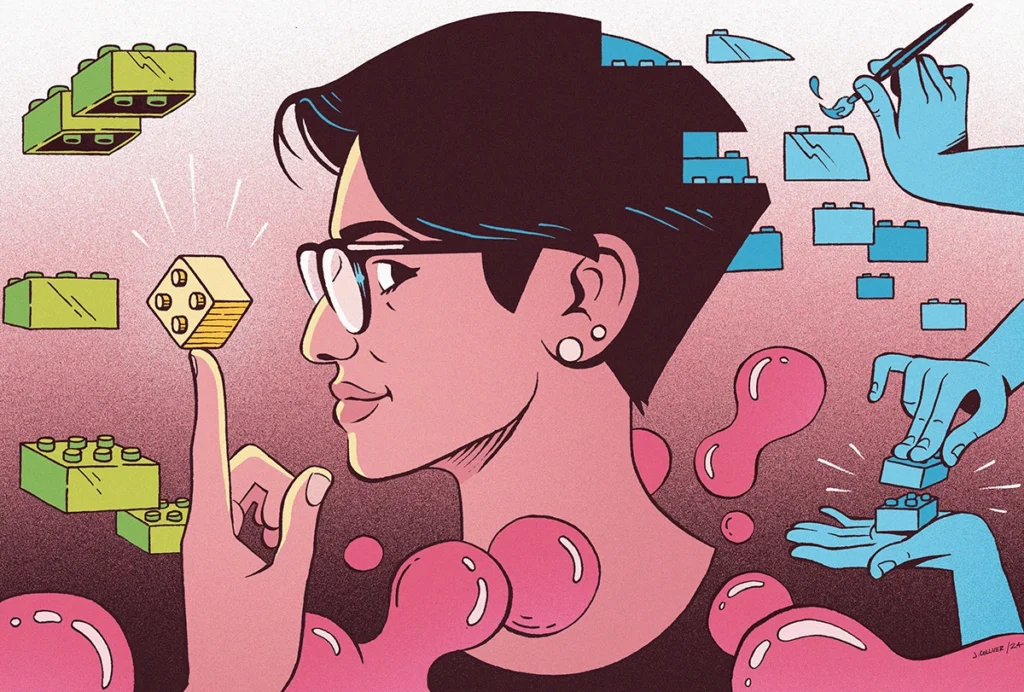
How neuroscience comics add KA-POW! to the field: Q&A with Kanaka Rajan
The artistic approach can help explain complex ideas frame by frame without diluting the science, Rajan says.
Aggression; Angelman syndrome; NLGN3
Here is a roundup of autism-related news and research spotted around the web for the week of 7 October.
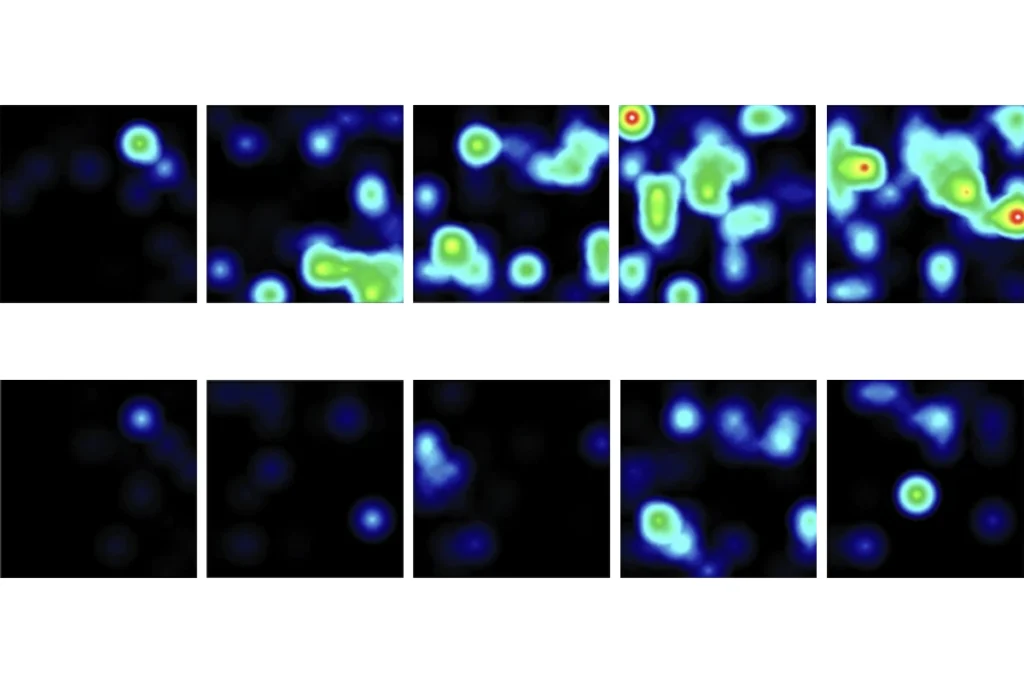
Aggression; Angelman syndrome; NLGN3
Here is a roundup of autism-related news and research spotted around the web for the week of 7 October.
A scientific fraud. An investigation. A lab in recovery.
Science is built on trust. What happens when someone destroys it?
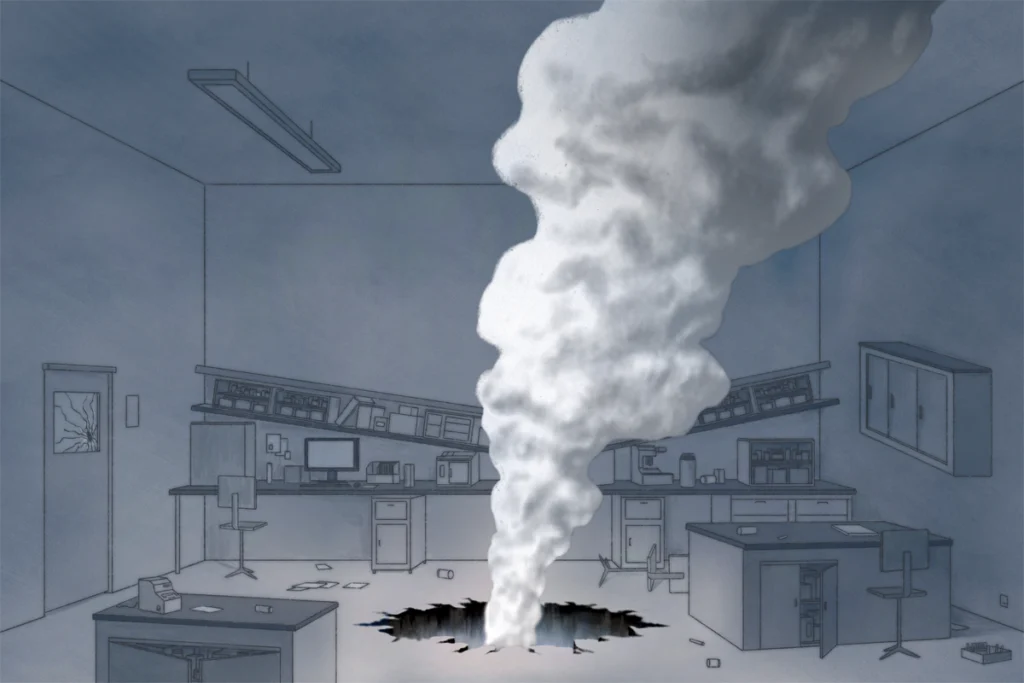
A scientific fraud. An investigation. A lab in recovery.
Science is built on trust. What happens when someone destroys it?
CRISPR upregulation of genes; interneuron migration; maternal COVID-19 exposure
Here is a roundup of autism-related news and research spotted around the web for the week of 30 September.
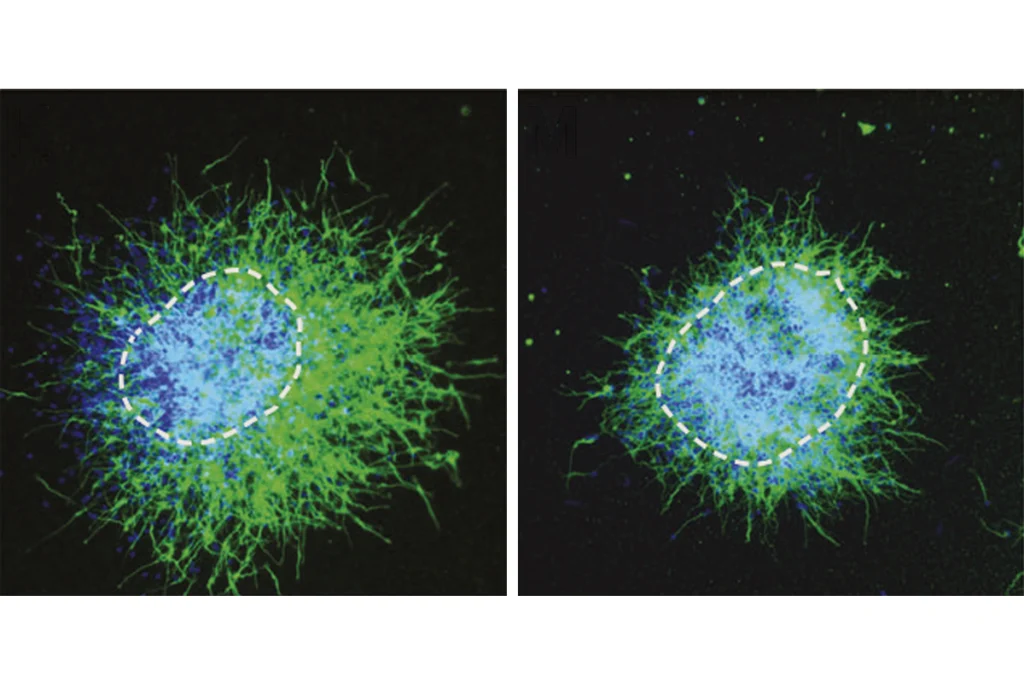
CRISPR upregulation of genes; interneuron migration; maternal COVID-19 exposure
Here is a roundup of autism-related news and research spotted around the web for the week of 30 September.
The legacy of Steve Silberman and his book, ‘NeuroTribes’
The writer’s empathic storytelling changed how society—and researchers—view autistic people.
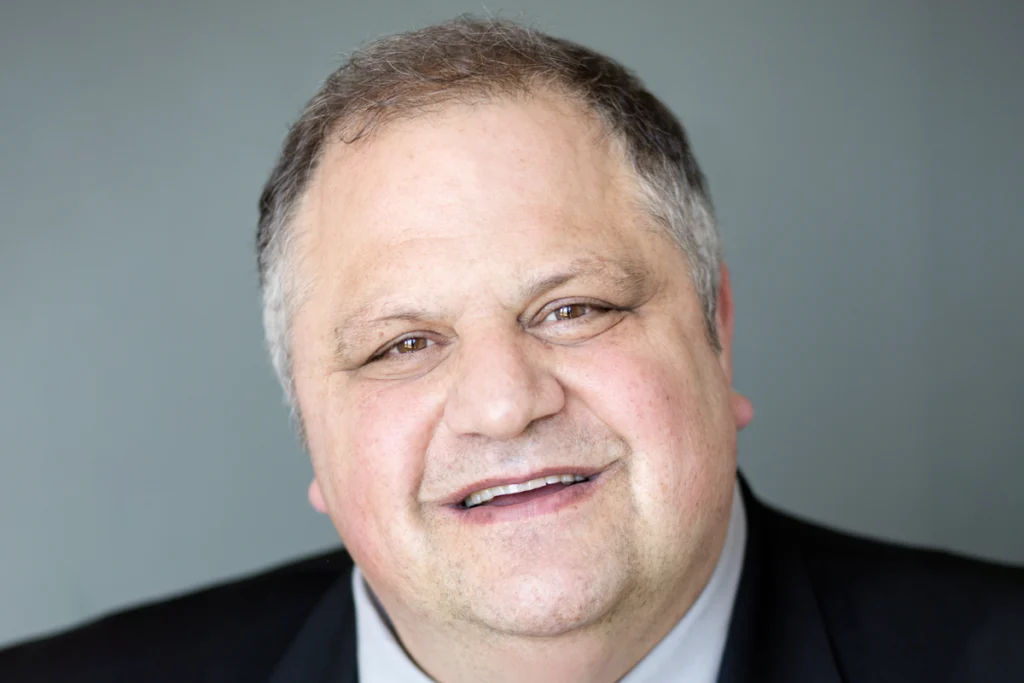
The legacy of Steve Silberman and his book, ‘NeuroTribes’
The writer’s empathic storytelling changed how society—and researchers—view autistic people.
FOXG1 gene therapy; oligodendrocytes; stereotyped movements
Here is a roundup of autism-related news and research spotted around the web for the week of 23 September.
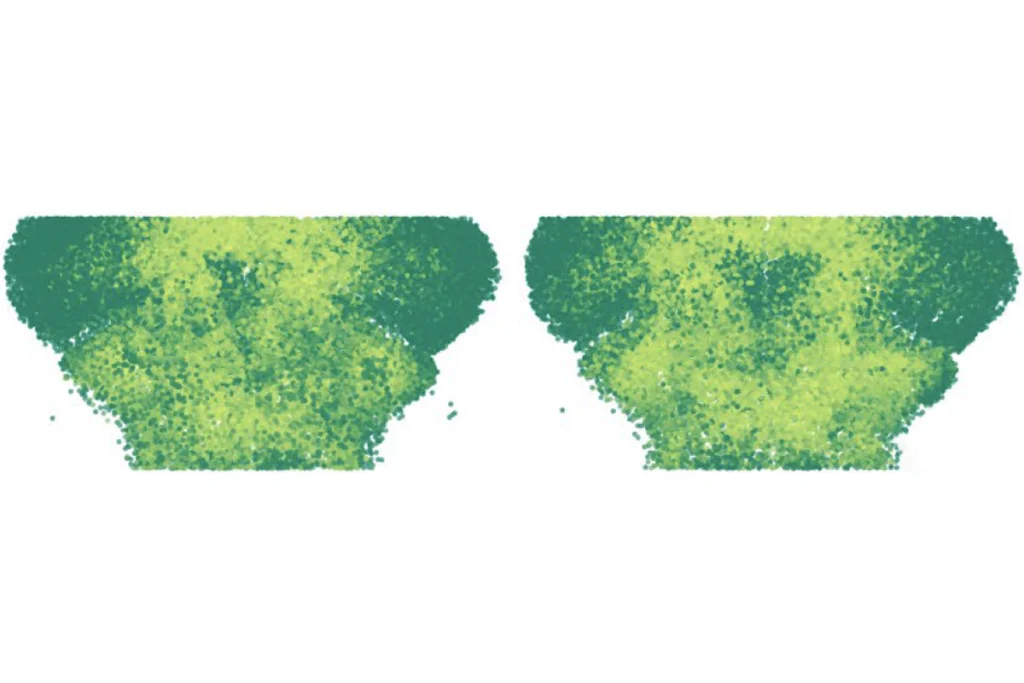
FOXG1 gene therapy; oligodendrocytes; stereotyped movements
Here is a roundup of autism-related news and research spotted around the web for the week of 23 September.
Brain imaging at the fair with Ka Ip
Does environment affect how children from diverse backgrounds perform on tests of executive function? Ip went to the Minnesota State Fair to find out.
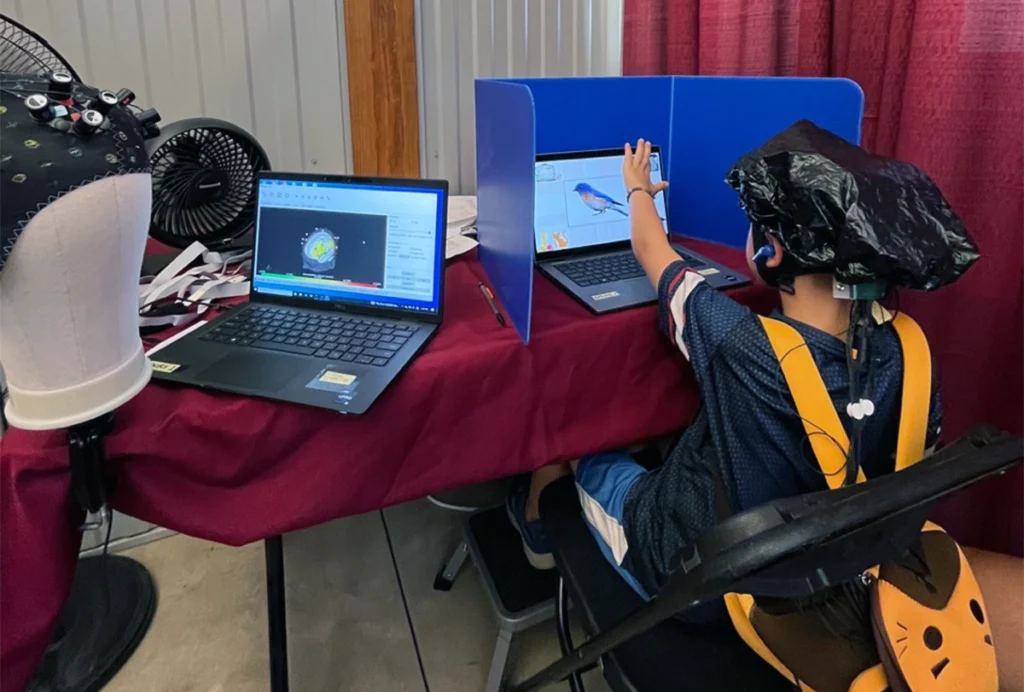
Brain imaging at the fair with Ka Ip
Does environment affect how children from diverse backgrounds perform on tests of executive function? Ip went to the Minnesota State Fair to find out.
Explore more from The Transmitter
Early trajectory of Alzheimer’s tracked in single-cell brain atlases
Inflammation in glia and the loss of certain inhibitory cells may kick off a disease cascade decades before diagnosis.
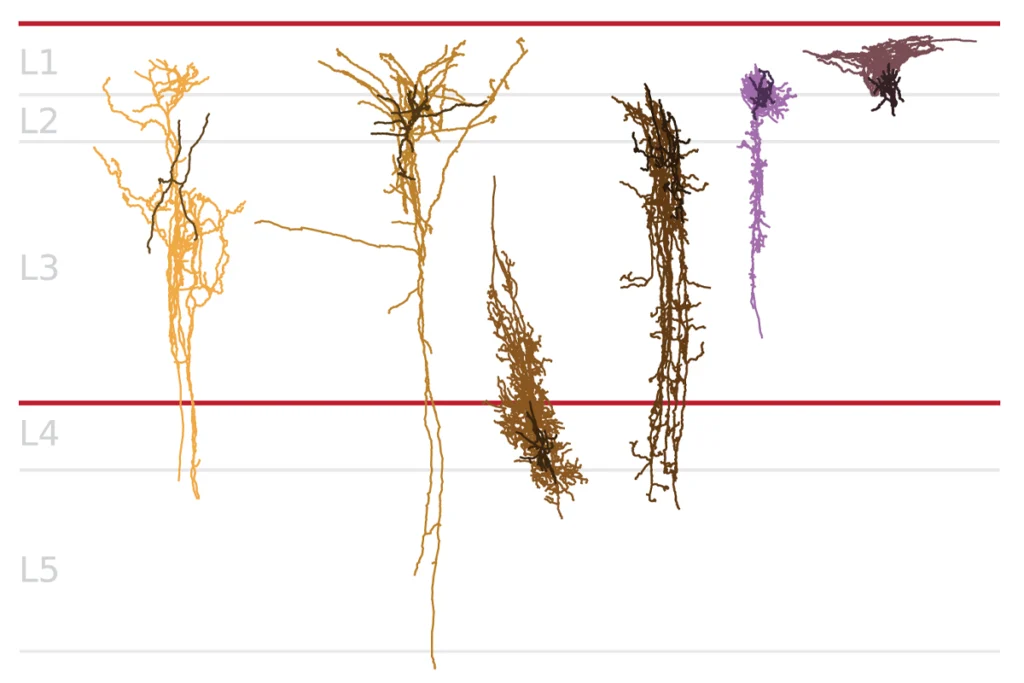
Early trajectory of Alzheimer’s tracked in single-cell brain atlases
Inflammation in glia and the loss of certain inhibitory cells may kick off a disease cascade decades before diagnosis.
Brains, biases and amyloid beta: Why the female brain deserves a closer look in Alzheimer’s research
New results suggest the disease progresses differently in women, but we need more basic science to unpack the mechanisms involved.
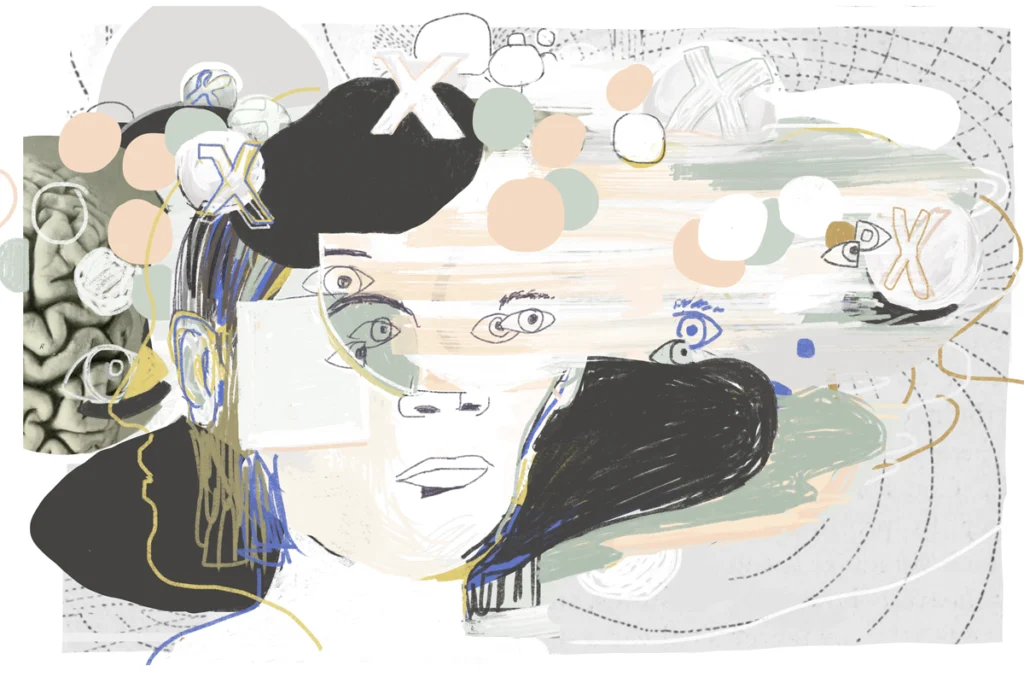
Brains, biases and amyloid beta: Why the female brain deserves a closer look in Alzheimer’s research
New results suggest the disease progresses differently in women, but we need more basic science to unpack the mechanisms involved.
Are brains and AI converging?—an excerpt from ‘ChatGPT and the Future of AI: The Deep Language Revolution’
In his new book, to be published next week, computational neuroscience pioneer Terrence Sejnowski tackles debates about AI’s capacity to mirror cognitive processes.
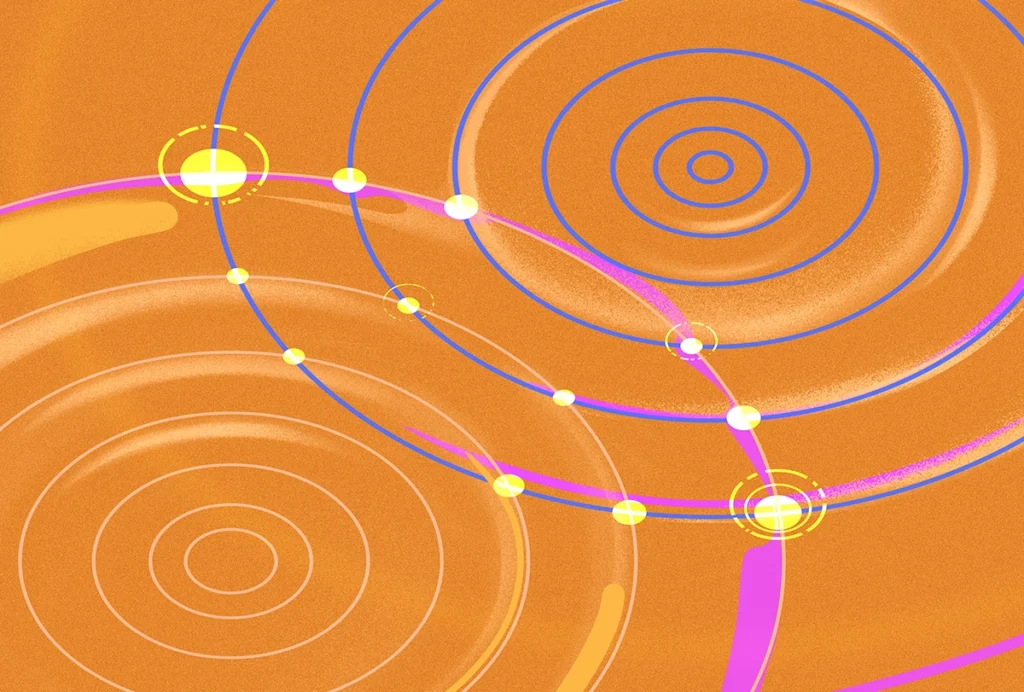
Are brains and AI converging?—an excerpt from ‘ChatGPT and the Future of AI: The Deep Language Revolution’
In his new book, to be published next week, computational neuroscience pioneer Terrence Sejnowski tackles debates about AI’s capacity to mirror cognitive processes.